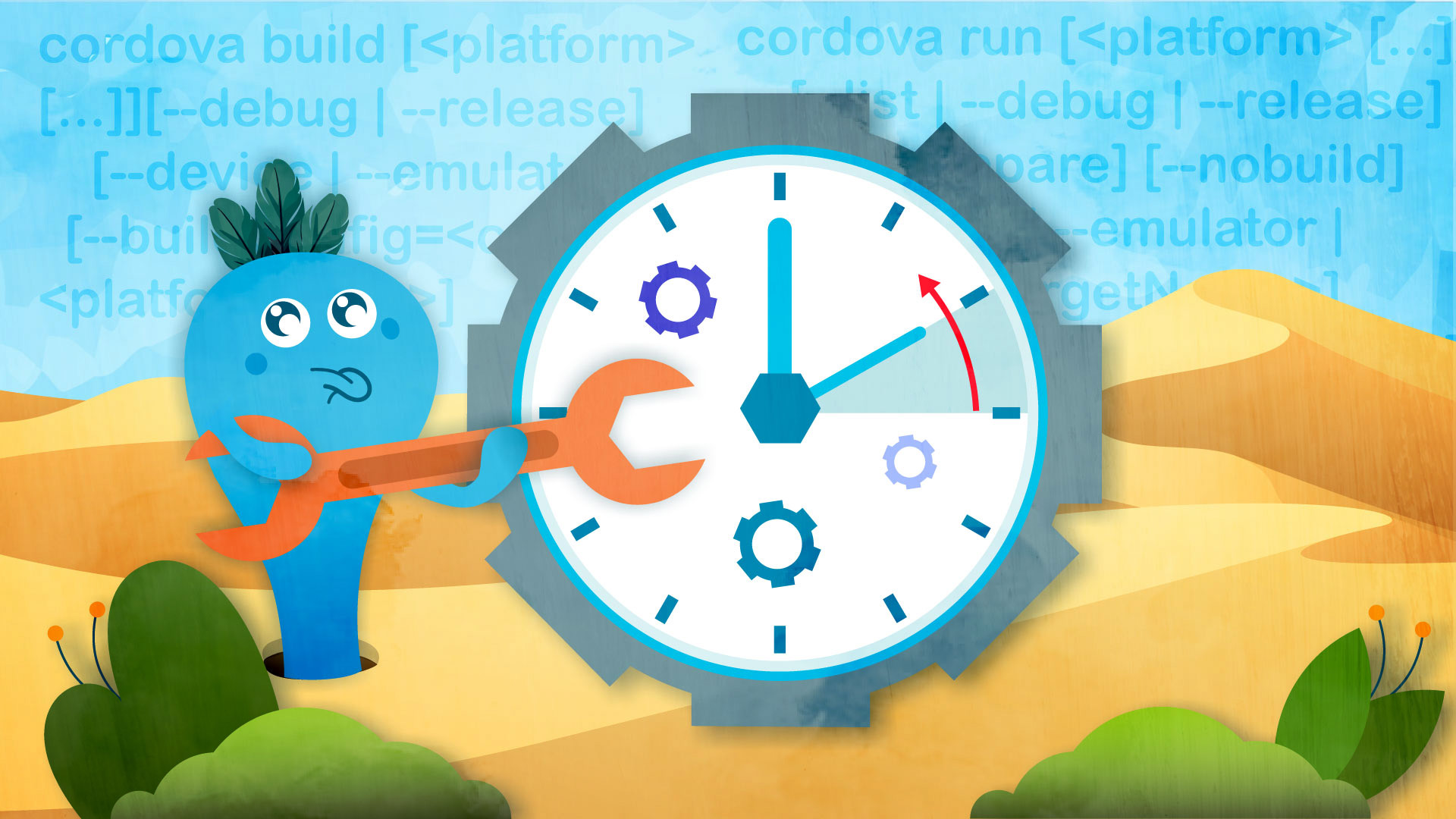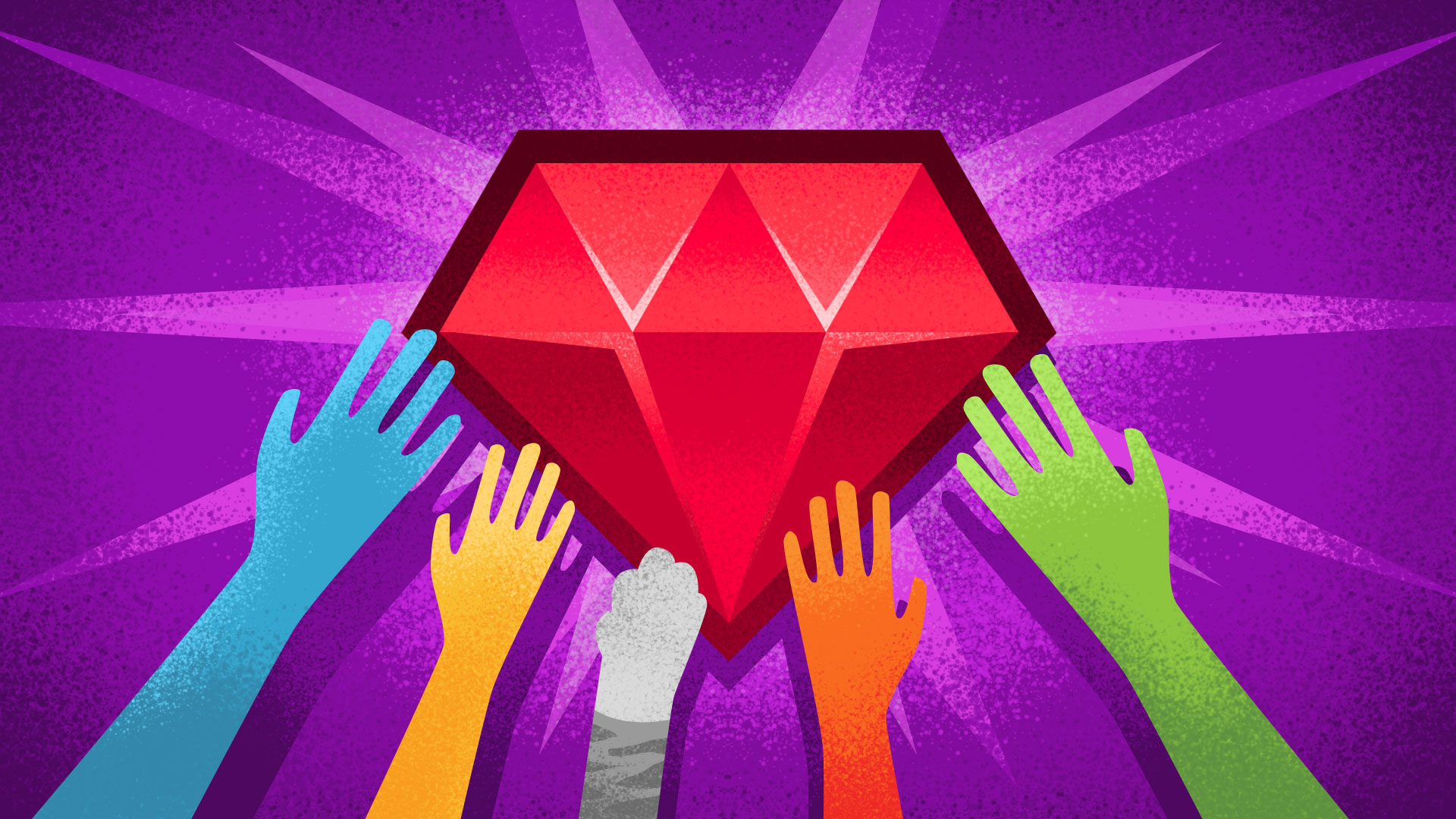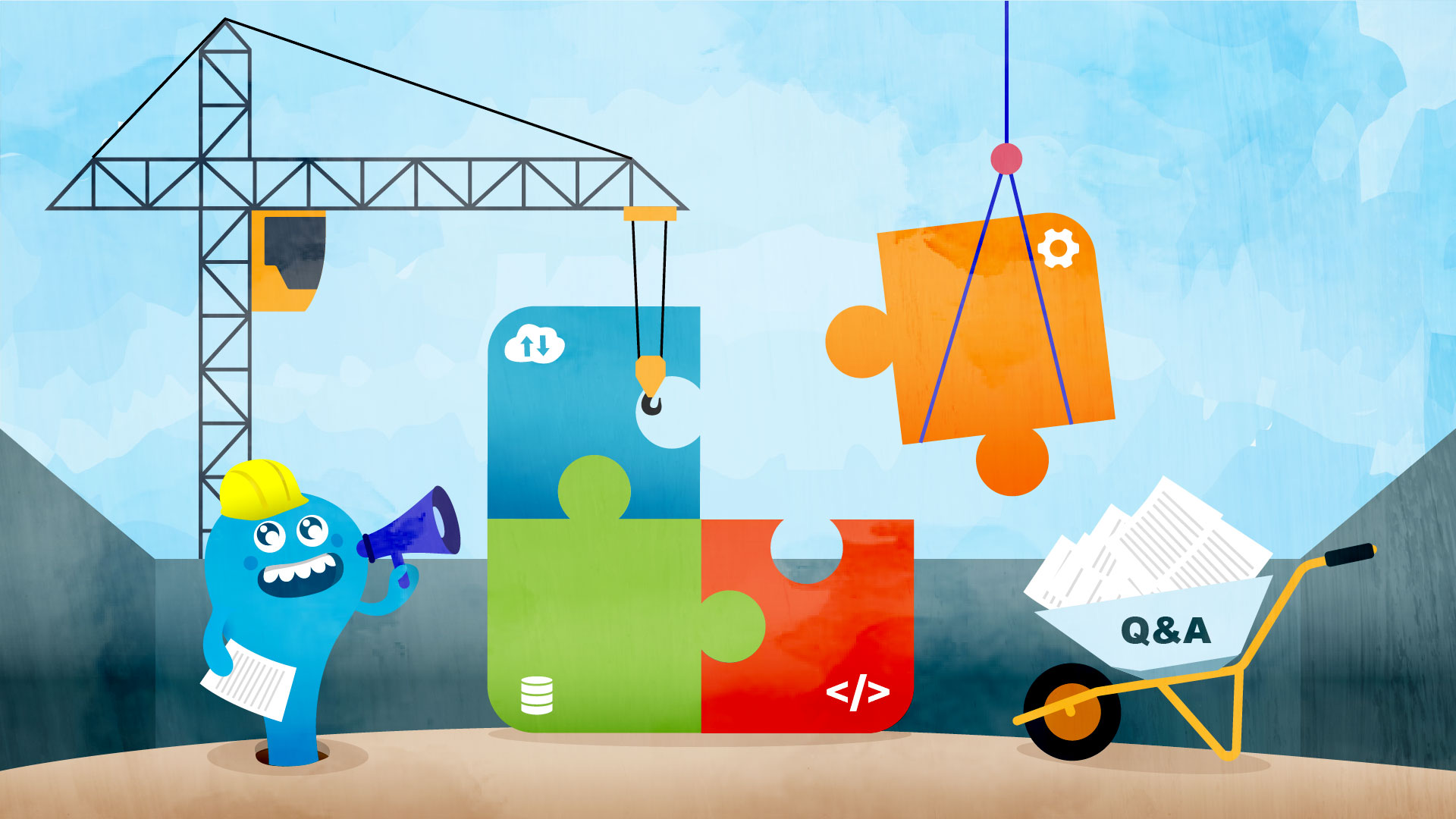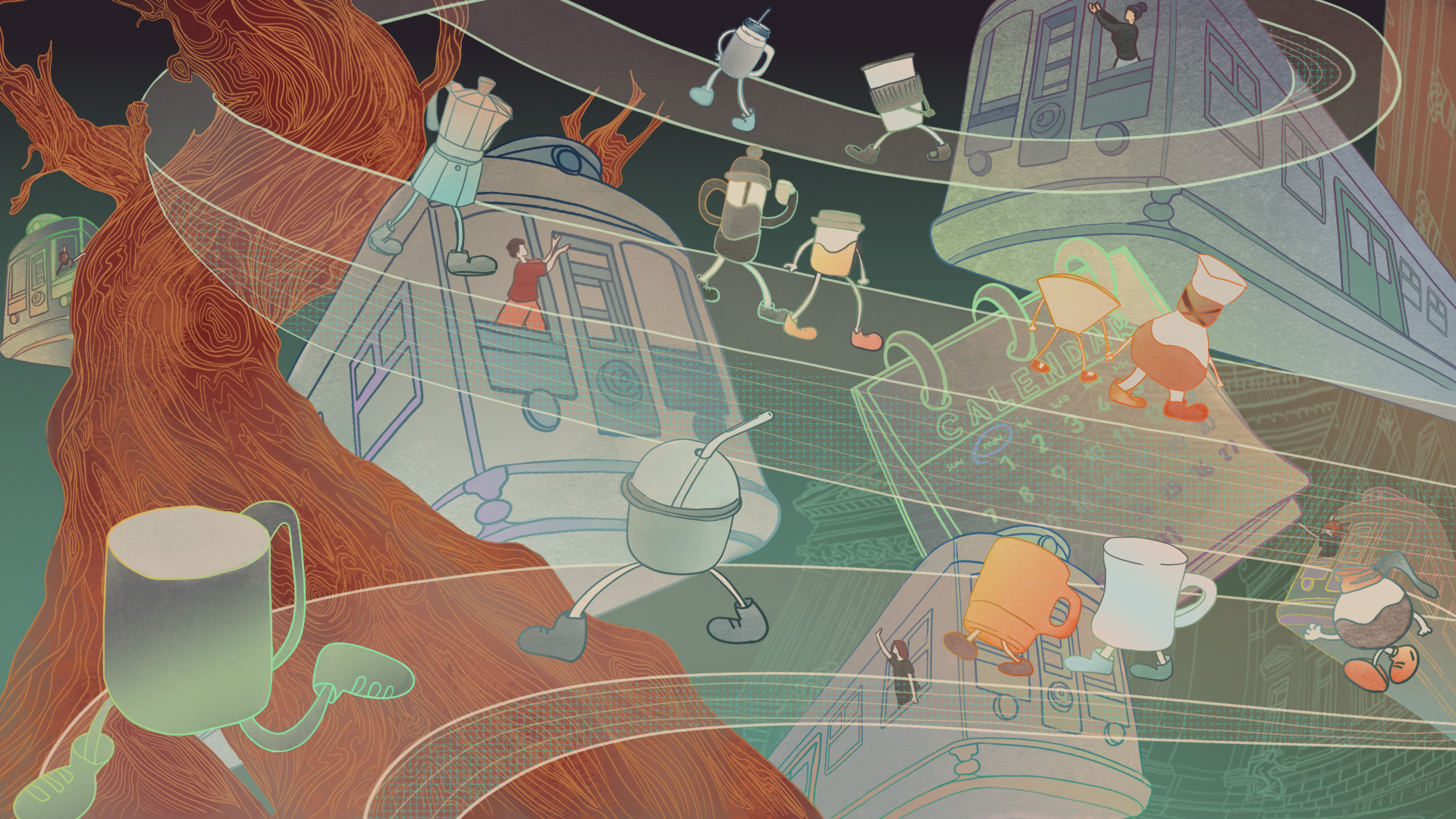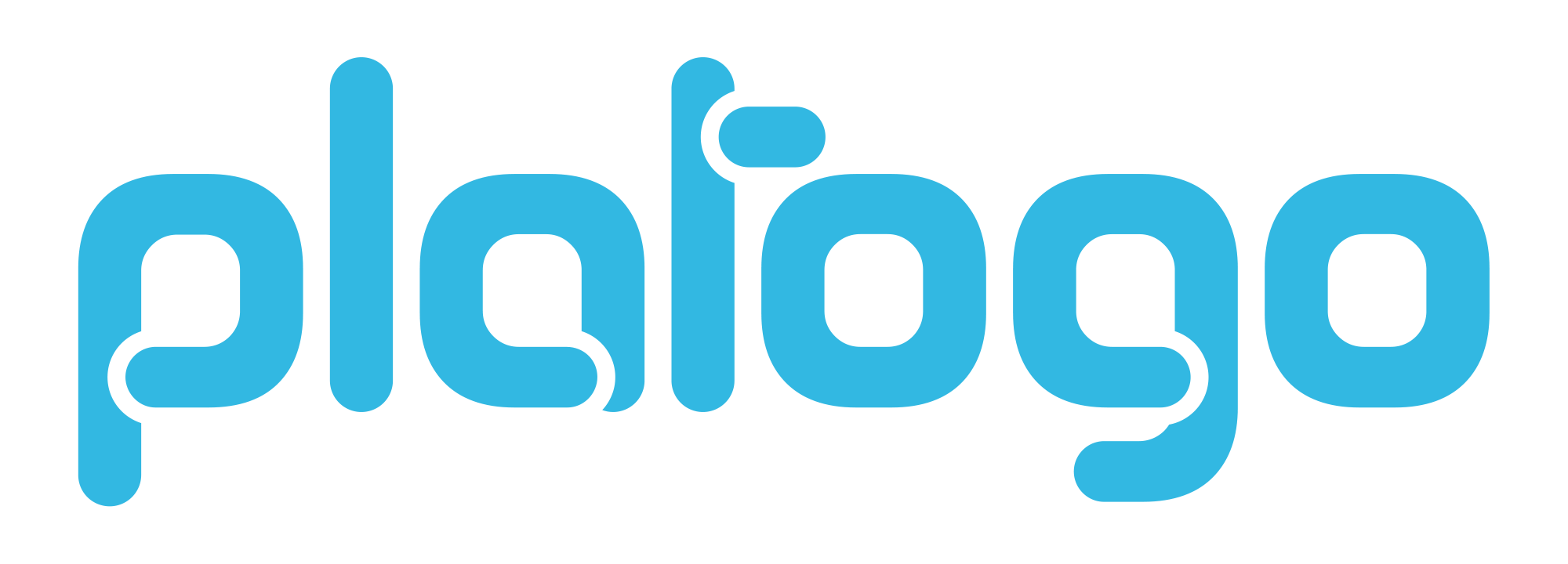The Platogo Way of Taking Responsibility
In many companies, a standard job description or job title often defines what responsibilities you have in a role. Sometimes the responsibilities of a role are defined out of tradition or written on paper or copied from others. The core problem is that sticking strictly to predefined responsibilities reduces the agility of the team and the freedom of each team member. It also does not account for the unique talents and skills of each person.
At Platogo, we do this differently. The inversion of roles means that the responsibilities that a team member takes on defines their role in the team and company. Responsibilities are earned and are not assigned. If someone is seen by everyone as having the responsibility, they naturally have it. A team member has a responsibility, and with it, also the decision-making power. This leads to them taking pride in having this responsibility and caring about it. This approach also reduces the amount of documentation and oversight.
What does this look like in practice?
Responsibilities are, simply said “stuff that needs to get done”. Responsibilities are tasks that include development, maintenance, operation, planning and much more. On an intellectual level, responsibilities are not the smallest unit of any given task. Responsibilities can evolve. They can be broken apart or merged together depending on the needs of the team. They affect each other and sometimes depend on each other.
Below is a list of examples of responsibilities at Platogo, which was produced by our team. Since it is ever evolving it is never final or complete or sorted:
- Backend Development
- Analytics Engineering
- Frontend Development
- Server/Office IT Security
- Knowledge Sharing
- Maintaining Platform Environments
- OnCall Operation
- Supporting Support Team
- Style Definitions
- Prototyping
- UI Design
- Copywriting
- Translation Management
- Graphic Asset Library Maintenance
- Graphic Preparation
- Trend Research
- Usability Testing
- UX Design
- CSS Improvements
- Concept Owner
- Technical Coordination
- External Service Maintenance
- Monitor Exception Tracking
- Concept Reviews
- Team Organisation
- Retrospective Moderation
- Team Building Organisation
- Social Event Planning
- Product Prioritisation
- …and many more!
Together, we work as a team to empower each other to cover these responsibilities. Taking responsibility for a topic does not mean that a teammate has to do everything alone. Those leading a topic can also delegate subtasks to others, who learn and are happy to contribute to these tasks. In turn, contributing to these tasks enables them to, over time, take over the responsibility naturally. This system allows everyone in the team to play to their strengths and develop their unique skill set. So in practice, the ownership of responsibilities is continuously evolving.
Teamwork is central to our approach
Truthfully, there are responsibilities that are more liked and some that are less liked, as well as some that are more or less important. This system only works when the whole team works towards the same goal and focuses on supporting each other. It relies on a high level of communication and self prioritisation. The lack of documentation of who has which responsibilities or standardised roles is compensated by a higher degree of communication. The team stays from the structure up agile and can quickly adapt their responsibilities to new situations. This approach is at the heart of how we work at Platogo and it enables us to put responsibilities over roles and titles.
If you have questions or comments for us, we are happy if you share them with us: welovedevelopers@platogo.com
by Dominik Go

